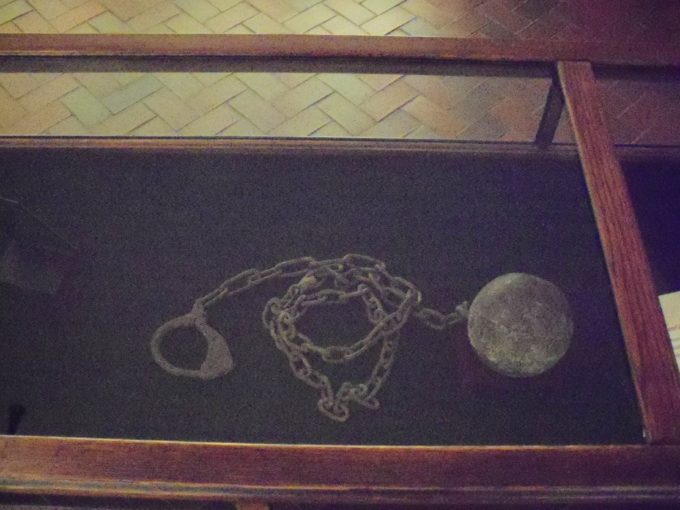
Tuesday, 29 October 2019
…as free, yet not using liberty as a cloak for vice, but as bondservants of God. 1 Peter 2:16
Peter has been speaking of submitting to the authorities and the rules they lay down for society. He then equated those who fail to do this as “foolish men.” There is no doubt he is including believers in this. They profess to love God, but they fail to do what God expects of them. Now he says that believers are to do this “as free.”
This means that believers are free from the world because of Christ, and yet God has mandated that we are to live within the confines of the law. However, some reject this and act as if they are above the laws of the land. This would, and will, bring about a hatred of believers and of Christ because of their haughty arrogance. It would further set the body apart as a rebel group. Any government would then see it as a threat.
This is exactly why believers are to submit to the authorities established by God. They are to be seen as upstanding and obedient within the lands in which they reside. The purpose of Christ leaving a body of believers behind is to bring more into it, not to exalt itself above others and turn them away from it.
However, Peter next says, “yet not using liberty as a cloak for vice.” The word translated as “cloak” is more rightly stated as “covering” or “veil.” It is something that would hide the true intent, and thus it forms a pretext. Further, the word “vice” speaks of that which is evil. It is that which is morally wicked because there is no shame in doing wrong.
A believer could say, “I am free and therefore I can do whatever I want.” Thus, he could promote any worldly vice and claim that his actions don’t matter. But this is not what God has called his people to. He has saved them from this fallen world to live for Him. It is only an arrogant, foolish, and ignorant person who would willingly continue in his old life of debauchery and claim that it didn’t matter. “I am saved, so I can do what I want.”
The very idea of this, however, confirms the doctrine of eternal salvation. Peter could not use these words if eternal salvation was not true. He would, instead, say that the consequences for such a life would result in condemnation. The negative (not threatening damnation) affirms the positive (eternal salvation). And he then explains why it is so by saying, “but as bondservants of God.”
This is the heart of the matter. The believer is saved, but is saved unto righteousness. Only a perverse fool would stand saved by the blood of Christ and then willingly do what is contrary to the salvation he has been given. But even such a fool, if saved, remains saved. It shows the immense mercy of God because of what He has done in Christ Jesus for those who come to Him.
As bondservants of God, we are given freedom from sin. When we fail to live to that standard, we are the ones who will suffer – both in this life, and in the judgment to come.
Life application: The context of this verse is what Peter has been discussing for the last couple of verses – we are to submit to the authorities appointed over us and to live in harmony with the laws they have duly established. He said we are to do this because –
1) It is the will of God.
2) Our actions will silence the accusations of “foolish men.”
Peter then goes on to say that we are free. This certainly means that we are free from the restrictions of this world; we have a higher allegiance. But our higher allegiance is actually of a much stricter moral code than the code of our earthly rulers.
Even though we are actually free from society’s mandates, this in no way excuses us from living morally and in an upright manner. Others are watching who are bound to the rules of society. If they were to see us exercising our freedom in a licentious manner, it would give them every opportunity to accuse us and also rail against the God we claim to follow. It would further possibly lead them to call on a false Jesus who accepts such behavior. Thus, they would never come to true, saving faith.
As Peter says, we may be free in one sense, but we are “bondservants of God” at the same time. How can we claim liberty leading to moral perversion under a lesser master? It makes no sense, and yet this is the exact way much of Christendom lives. When you move about society, be careful that others understand that the One you serve is far more precious to you than freedom from the world system in which you live. Let us pray for strength and fortitude in this area –
O Lord God, we are Your servants, and yet we have acted as if we are free from Your law and bound to the laws of man and the chains of sin. You freed us from this life and yet, unfaithful as we are, we often return to it. Please transform us to holy living and right moral direction, so that You precepts will be held in high esteem by those who see our behavior in this life. Amen.




